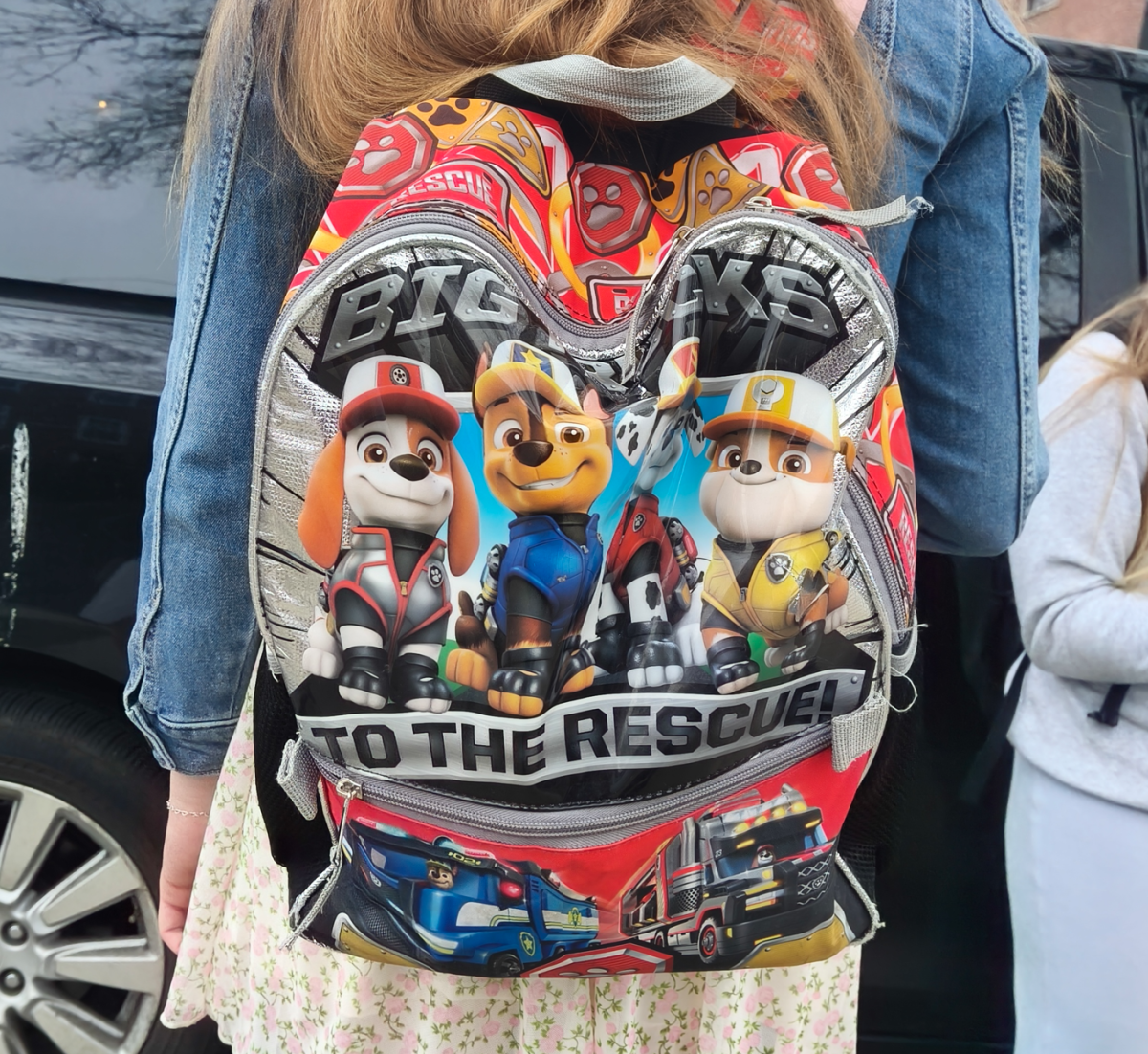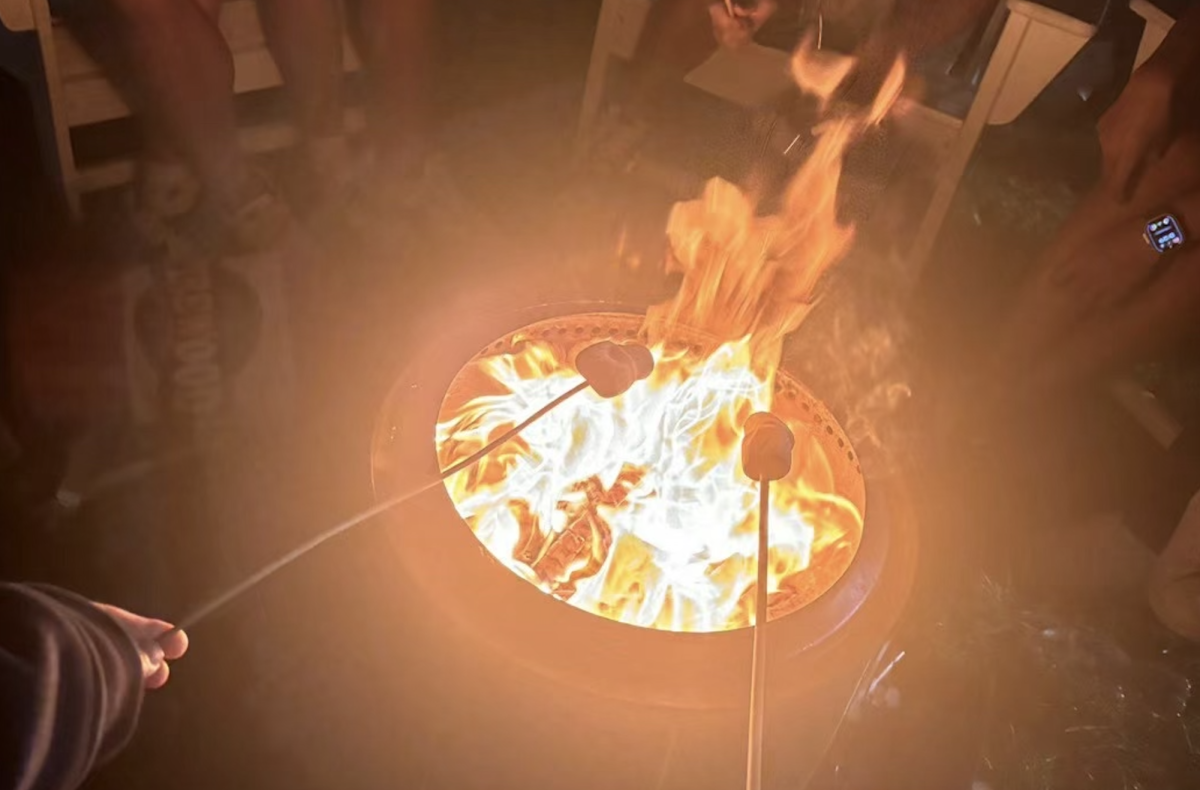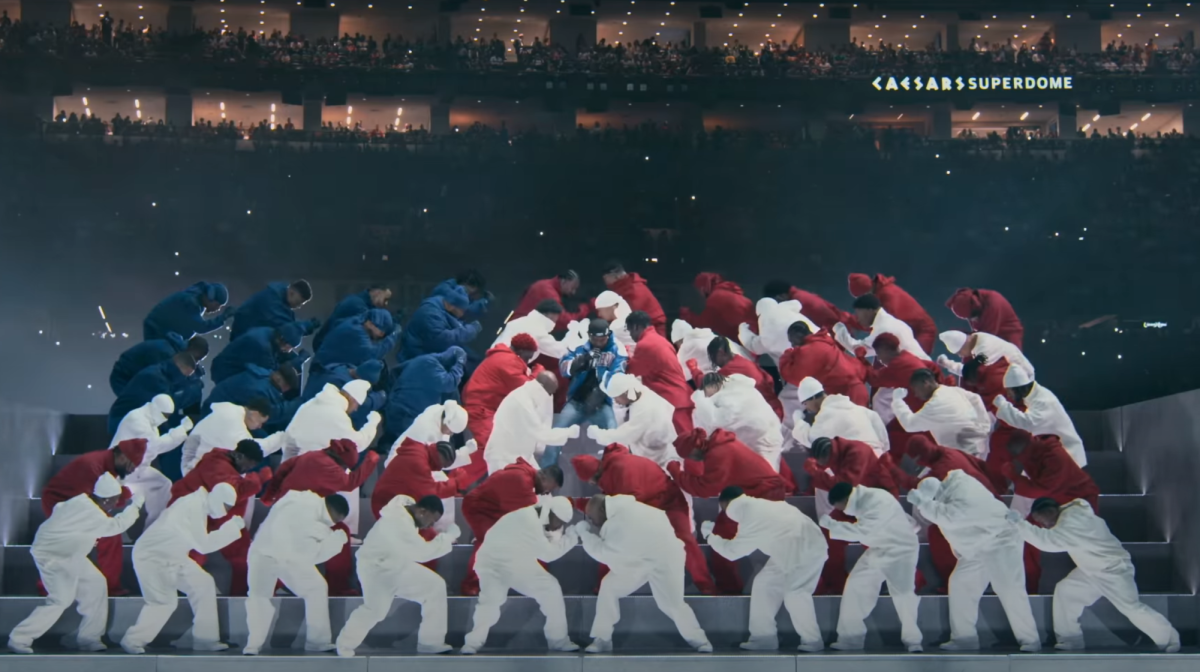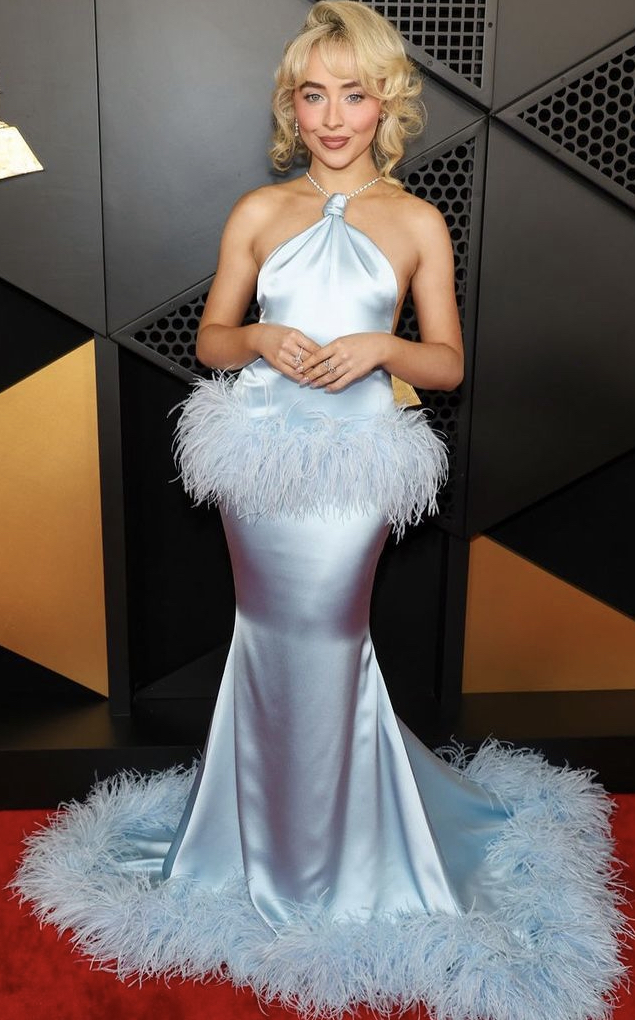Many students at Williston, especially seniors, are starting to consider future career paths–but how do people define their relationship between career and personal identity? “Severance,” a sci-fi thriller TV show released in 2021, explores exactly that question.
The show, in its second season, follows characters who have undergone a procedure called “severance,” which makes them unable to remember the outside world at work, and, subsequently, unable to remember their work once they leave their job. Essentially, two personas created of the same person: an “innie” which is their work self, and an “outie” who is a completely different self outside of the workplace. The show is currently ranked the #1 on Apple TV, and has a 97% critic score on Rotten Tomatoes.
Severance was created by Ben Stiller and Dan Erikson, who were inspired by their own experiences of boring corporate jobs. The show is hardly the first in its genre of office parody, but it is unique in the way it pushes the idea of “work-life balance” to the extreme: What would life be like if you didn’t have to experience your job at all? What would life be like if you were stuck constantly experiencing your job? Is it sustainable to process grief through detaching part of your memory? How much do our jobs play into our identities, into our relationships, and our families? How does corporate culture impact the way we value ourselves?
Real life may not be as extreme as “Severance,” but the relationship between work and personal life is something students are starting to think about as they move into college and eventually into the workforce.
River Hambleton, a sophomore, watched the show in early 2023, and it has been his favorite show ever since.
“I’m not usually the type to rewatch shows, but I have seen every episode of this show at least twice, which I don’t think I can say about any other show,” he said.
Aster Carlstrom, a senior, was recommended the show by River at the start of this year, and watched the whole show in the “span of like three days.”
“You get really invested in the story and the mystery,” Aster said. “The cinematography is also really good. They use very interesting combinations of colors like their greens and blues.”
Aster said he feels inspired by the aesthetics of “Severance,” and hopes to learn from it to improve his own projects.
“As someone who also does film, I really love how simplistic the aesthetic is,” Aster said. “I think I could learn a lot from that and make my own films more interesting. Having a lot of stuff in the background can be nice, but minimalism is also good. “Severance’s” simplistic shots with the white office background makes all the actions of the characters more intense.”
The show, however, is not just about the action. It also focuses a lot on how the world affects the characters’ emotions and decisions.
River thinks that the show portrays character emotions in a very realistic way.
“I think Milchick is a great example of a good human character,” he said. “He’s very morally complex and tries very hard at his job, and whenever he gets beaten down, he bounces back in very realistic ways. Oh, and he has great lines.”
In addition, Milchick, played by Tramell Tillman, is also popular for his mesmerizing dance moves, which is River’s favorite part of the whole show.
“I love his moves. We need to get him on a stage. I also love that marching band studio recording, I love the song producer Theodore Shapiro, I unironically listen to that soundtrack in my free time,” he said.
Edward Hing, Photography and Arts teacher at Williston, whose daughter was a camera assistant for the second season, watched four episodes of the show.
“I saw the first three episodes of the first season. But then, somehow, I got side tracked, and I ended up watching the final episode and I was completely lost,” he said. “I was saying to my daughter ‘this makes no sense, what’s going on?’ and we made a deal to watch through the show together where she can explain everything to me.”
Hing liked the cinematography of the show.
“Visually, it’s outstanding, just the way they light it–I love dark, a lot of productions try to be moody and dark but they just don’t know what they’re doing. Severance does it beautifully,” he said. “There’s no superfluous stuff in any shot, and just the amount of detail and the level of thought that goes into every scene is mind boggling.”
Em Adrain, Spanish teacher at Williston, found out about the show through Instagram, and regularly engages with fan theories on social media.
“I usually don’t like theorizing, but this show really got me thinking in a way that TV shows usually don’t make me think,” they said. “There’s a lot of unpredictability which I think is really cool. Usually I know what’s going to happen in a show, but ‘Severance’ really twists and turns.”
Aster’s favorite episode is S2E07, “Chikihai Bardo,” which is director Jessica Lee Gagné debut piece, and currently has an overall 9.3 rating on IMDB along with being on the top 50 TV episodes of all time on Serializd.
River’s favorite episode is S2E08, “Sweet Vitriol,” which has spikes controversy in the fandom, but has still been overall praised for its breathtaking scenery.
“I love that episode partially because that town looks exactly like where I grew up, it’s such a fishing village. That made me relate to it,” he said.
When asked if he would get severed, River said that he would if he hadn’t already watched the show.
“After watching the show? I wouldn’t get severed. But if I hadn’t watched the show, I probably would, and I would wonder why I would come home smelling like goat poop,” he said.
Goats are a recurring plot point in Severance.
Aster said that he wouldn’t get severed because he wants to remember his time at school.
“School and work is my escape from my thoughts. I don’t want my only memories to be not of that,” he said.
Adrain said that they wouldn’t get severed because their past experiences are an integral part of them being a teacher.
“Mark got severed because he didn’t want to remember his trauma. But I think the good and the bad things that happen to us are puzzle pieces of who we are, and it makes us a whole person,” they said.
“I live where I work, so I guess, in a way, I do have to compartmentalize,” they continued. “When I’m in my house, I’m in my house, and I’m different at school; but I think a lot of what makes me the teacher I am is my lived experience, and I wouldn’t be valuable in this community if I didn’t have my experiences. I don’t think education is severable.”




















